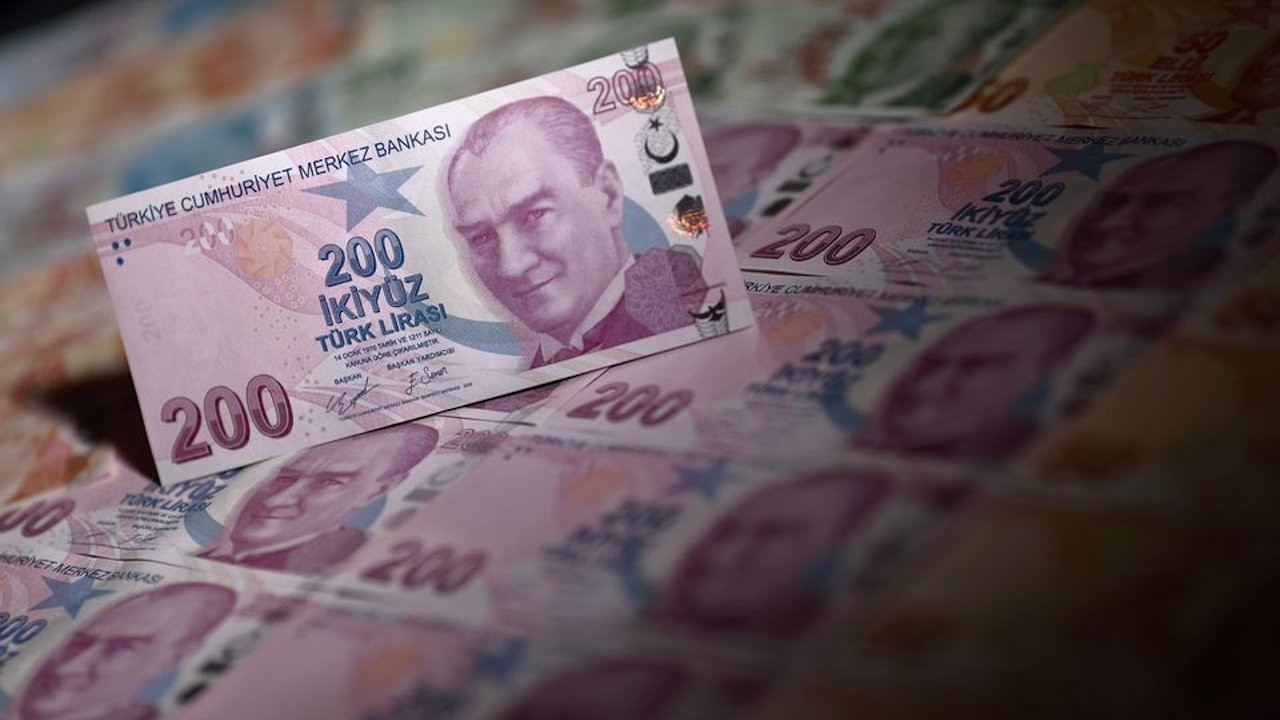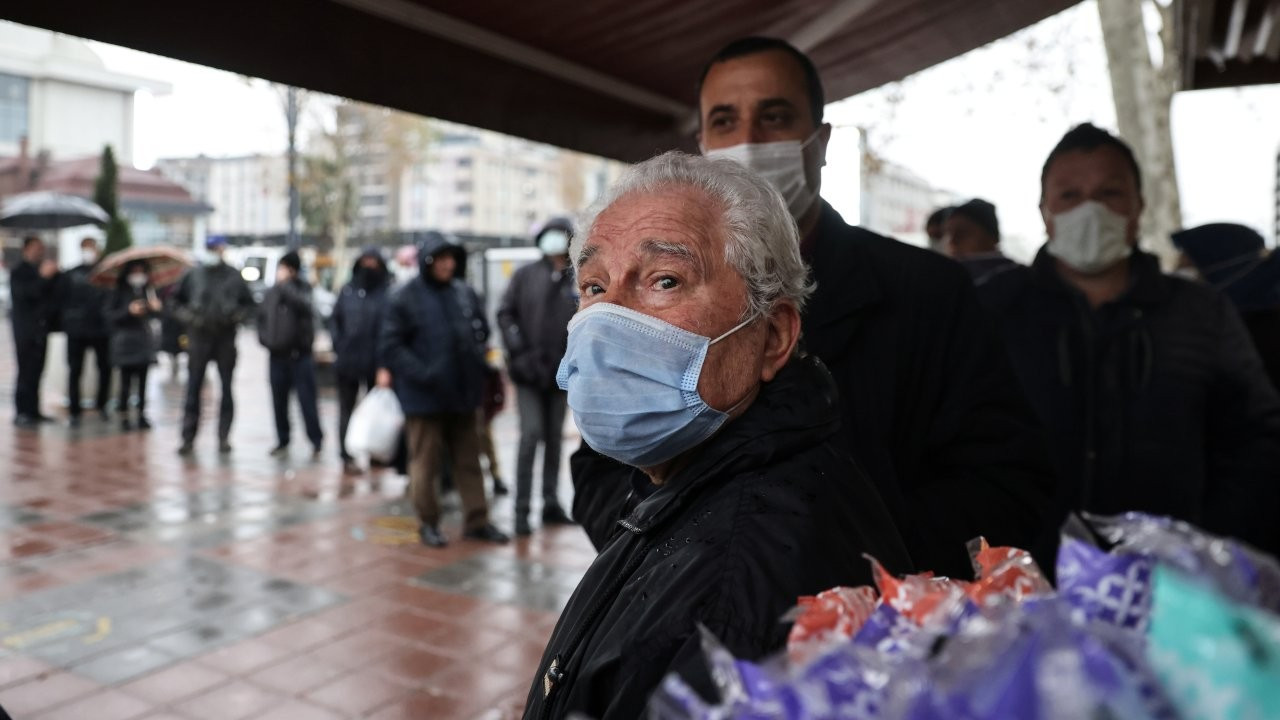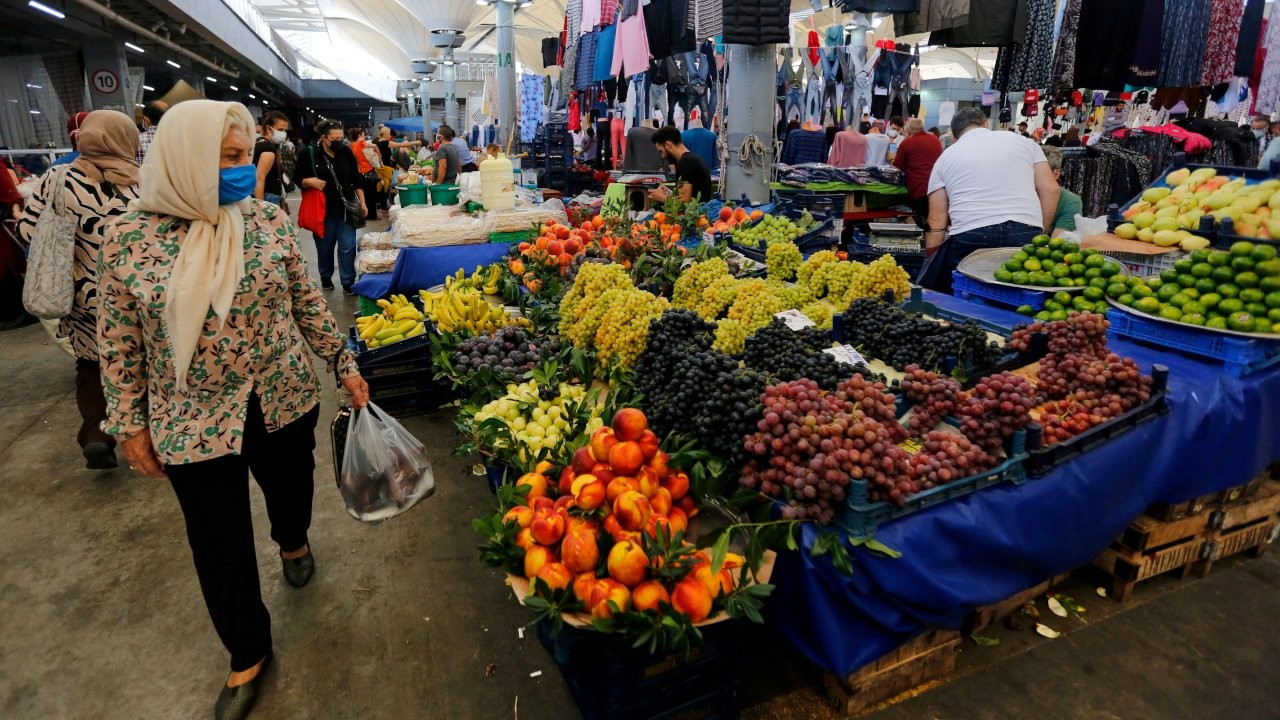As prices skyrocket, people in Turkey forced to buy less food from markets
The rise in food prices in Turkey has hit a fever pitch: Inflation has now spread to public markets, where Turkish people generally go for better deals. Some people say the prices have forced them to stop buying food by weight.
Duvar English
With the Turkish lira at record lows on the foreign exchange market, inflation is also at record highs in Turkey. Food prices are skyrocketing, and as a result, some people in Turkey say they can no longer afford to buy food at public markets by the kilo.
This problem is felt acutely in Turkey’s largest city, Istanbul. Reporters for the daily Cumhuriyet traveled to markets on both the European and Asian sides of the city, where they found sky-high prices and citizens unable to afford the food they used to eat. Forced to raise their prices, market sellers also face decreasing demand day by day.
Cemil Yel, a 29-year-old market seller in a market in Fatih, on the European side of Istanbul, told Cumhuriyet he’s now forced to sell basic goods for far higher prices. Carrots now go for 5 Turkish Lira a kilo, while customers now buy broccoli, normally sold in bunches, individually. He says that day by day, he watches his customers buy less and less food.
The price increases are not limited to carrots and broccoli - cucumbers are sold at a rate of 8 to 10 lira a kilo, while tomatoes cost between 5 and 15 lira a kilo depending on the varietal. Carrots and tangerines - both winter crops - vary between 5 and 8 kilos across the city. Cheese is now, on average, 70 lira a kilo and olives 45 lira.
These are all staples of the Turkish diet, leaving many unable to afford the things they have eaten their entire lives.
Shopkeepers told Cumhuriyet that the increased prices don’t fully reflect their increased operations. Tertiary costs such as plastic bags, highway tolls, and fuel have also all gone up in price. These sellers fear that if they actually reflected these increases in their prices, they would lose all of their customers.
Goods formerly staples are now treated like luxury products. The price of a large tin of cheese - how it is sold in bulk - has increased by almost 200% from 600 lira to 1100 lira. Cheese sellers say that every week, the prices rise.
“I now buy the product that I sold for 35 lira last week for 50 lira this week,” one cheese seller said, “I worked at a complete loss this week. Now, I have to sell the same product for 65 lira, but I have no idea how much it will cost at the wholesaler next week.”
One 63-year-old pensioner who was shopping for cheese at 60-70 lira a kilo said he now has to scour the market for cheap food.
“I worked in this country for years, and now I’ve come to a point where I visit the markets in December and have to search for cheap products,” they said.
The same goes for fruit. Cumhuriyet reporters noted that most of the fruit stalls were empty when they visited Istanbul’s markets. When they asked fruit sellers why, they said that their customers were now treating everyday fruits like apples and bananas as luxury items. After they do all their shopping, customers come and buy individual pieces of fruit.
One person shopping at the market remarked on the change.
“We are just trying to fill our stomachs first. Fruit is also a luxury for us now,” they said, “Who have we become?”

 Turkish lira plummets to new low, central bank intervenesEconomy
Turkish lira plummets to new low, central bank intervenesEconomy Turks wait in line for cheap bread as inflation eats into earningsEconomy
Turks wait in line for cheap bread as inflation eats into earningsEconomy Opposition Istanbul Mayor İmamoğlu reveals 'real' inflation in megacityEconomy
Opposition Istanbul Mayor İmamoğlu reveals 'real' inflation in megacityEconomy